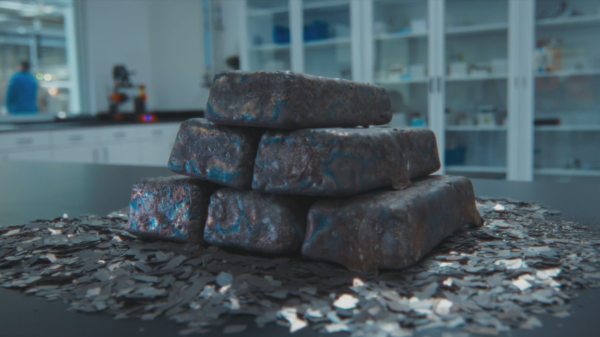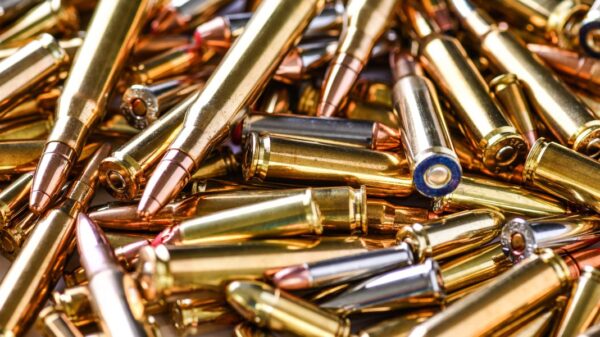The world’s number one producer of rare earths has banned the export of domestic technology used to extract the elements. By doing so, China hopes to maintain national security and industry dominance.
China’s Ministry of Commerce announced the ban on Thursday. It will not impact the export of rare earth metals themselves from the country. Instead, the ban should drastically impact the supply of tech used to refine “heavy” rare earth elements like terbium, dysprosium and yttrium.
Those rare earths are needed for medical devices, electric vehicle motors and other goods. The ban is expected to thwart efforts to develop the industry outside of China. The country produces over 60 per cent of the world’s total supply and 92 per cent of all rare earth magnets.
“New technologies will be needed to outmaneuver the Chinese grip on these important areas,” Pat Ryan, CEO of Ucore Rare Metals Inc. (TSX-V: UCU) (OTCQX: UURAF), said. Ucore is currently developing an extraction system for so-called “light” rare earths like neodymium and praseodymium in Kingston, Ontario.
China has been reluctant to export its rare earth technologies for years and some say the announcement is just a formality. “This announcement just formalizes what everyone knew to be the case,” Constantine Karayannopoulos, former CEO of Neo Performance Materials (TSX: NEO), told Reuters.
China Bans Exports of Some Rare-Earth Processing Technologies
China will halt the export of a range of rare-earths technologies, adding to emerging competition with the US and other Western nations for global supplies of strategic raw materials.
The country put technology for…
— Tracy Shuchart (𝒞𝒽𝒾 ) (@chigrl) December 21, 2023
Read more: Stellantis and GM contribute to US$33M investment in rare earth-free magnet producer
Read more: Ucore Rare Metals gets $4.3M grant to commercialize rare earth separation tech
Canada wants rare earth and critical minerals independence
Canada has recently been trying to reduce its reliance on China for rare earths and critical minerals. The country unveiled a C$4 billion plan in its federal budget last year aimed at mitigating economic risks associated with dependence on foreign entities.
“China is increasingly taking over our critical minerals, our mining assets,” Rick Perkins, Canadian Member of Parliament, told Global News Tuesday.
The struggling Australian company Vital Metals (ASX: VML) just agreed to sell its stockpile at Canada’s only rare earth mine in the Northwest Territories to the Chinese company Shenghe Resources Holding Co., Ltd (SHA: 600392).
China is a dominant player in the critical minerals market as well, not just rare earths. However, the country does not produce significant quantities of the minerals but rather invests heavily in mining operations abroad.
“Canada and its allies are desperately trying to upend China’s dominance in the field,” Saba Aziz, Global News reporter, said last December.
China currently dominates the manufacturing supply chain of battery cell components and critical mineral refining and processing. Minister of Innovation, Science and Industry François-Philippe Champagne ordered a series of Chinese companies to sell their interests in Canadian critical minerals firms last fall.
There are 17 different types of rare earth elements with an assortment of different uses. Some are used for wind turbines, computer chips, satellites and electronic devices and others are needed for weapons, aircraft and more.

Image via Chile’s Clara Resources, a TSX-listed company
rowan@mugglehead.com












